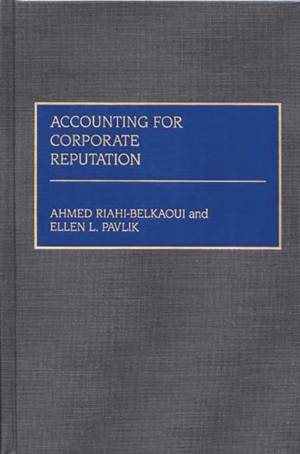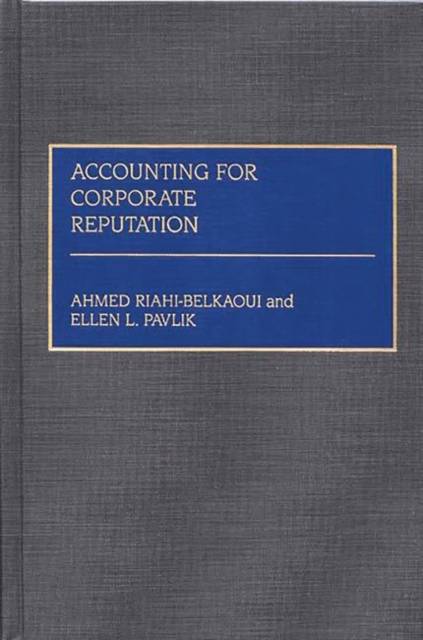
- Afhalen na 1 uur in een winkel met voorraad
- Gratis thuislevering in België vanaf € 30
- Ruim aanbod met 7 miljoen producten
- Afhalen na 1 uur in een winkel met voorraad
- Gratis thuislevering in België vanaf € 30
- Ruim aanbod met 7 miljoen producten
Omschrijving
This unique book examines conceptual, empirical, and practical issues associated with corporate reputation. Emphasizing the importance of the roles of corporate social disclosure and organizational effectiveness, the authors emphasize the need for an integrative framework in explaining the nature of corporate reputation. Utilizing valuable data provided by Fortune magazine, the book provides both a historical evaluation of reputational rankings of Fortune 500 firms for the period 1987-1991 and insights as to the market reaction to disclosure of these rankings. These can be utilized by firms in building reputation, investors in evaluating their strategies, and public policy officials in dealing with corporations.
Following an extensive review of the conceptual foundations of corporate reputation, namely corporate social performance and disclosure and organizational effectiveness, the authors present explanatory and predictive models of corporate reputation. They then examine the potential relationship between corporate reputation and shareholders' wealth--the market reaction to reputation signals. Their findings suggest that a firm's benefit from the disclosure of reputation signals will depend on size and expectations, and that such disclosure appears to lead to a significant, lagged market reaction. Based on a detailed analysis of the 1987-1991 performance of U.S. firms on eight key attributes of reputation, the authors conclude with insights that can be utilized by corporations and investors alike.Specificaties
Betrokkenen
- Auteur(s):
- Uitgeverij:
Inhoud
- Aantal bladzijden:
- 272
- Taal:
- Engels
Eigenschappen
- Productcode (EAN):
- 9780899307176
- Verschijningsdatum:
- 21/08/1992
- Uitvoering:
- Hardcover
- Formaat:
- Genaaid
- Afmetingen:
- 161 mm x 240 mm
- Gewicht:
- 612 g

Alleen bij Standaard Boekhandel
Beoordelingen
We publiceren alleen reviews die voldoen aan de voorwaarden voor reviews. Bekijk onze voorwaarden voor reviews.











